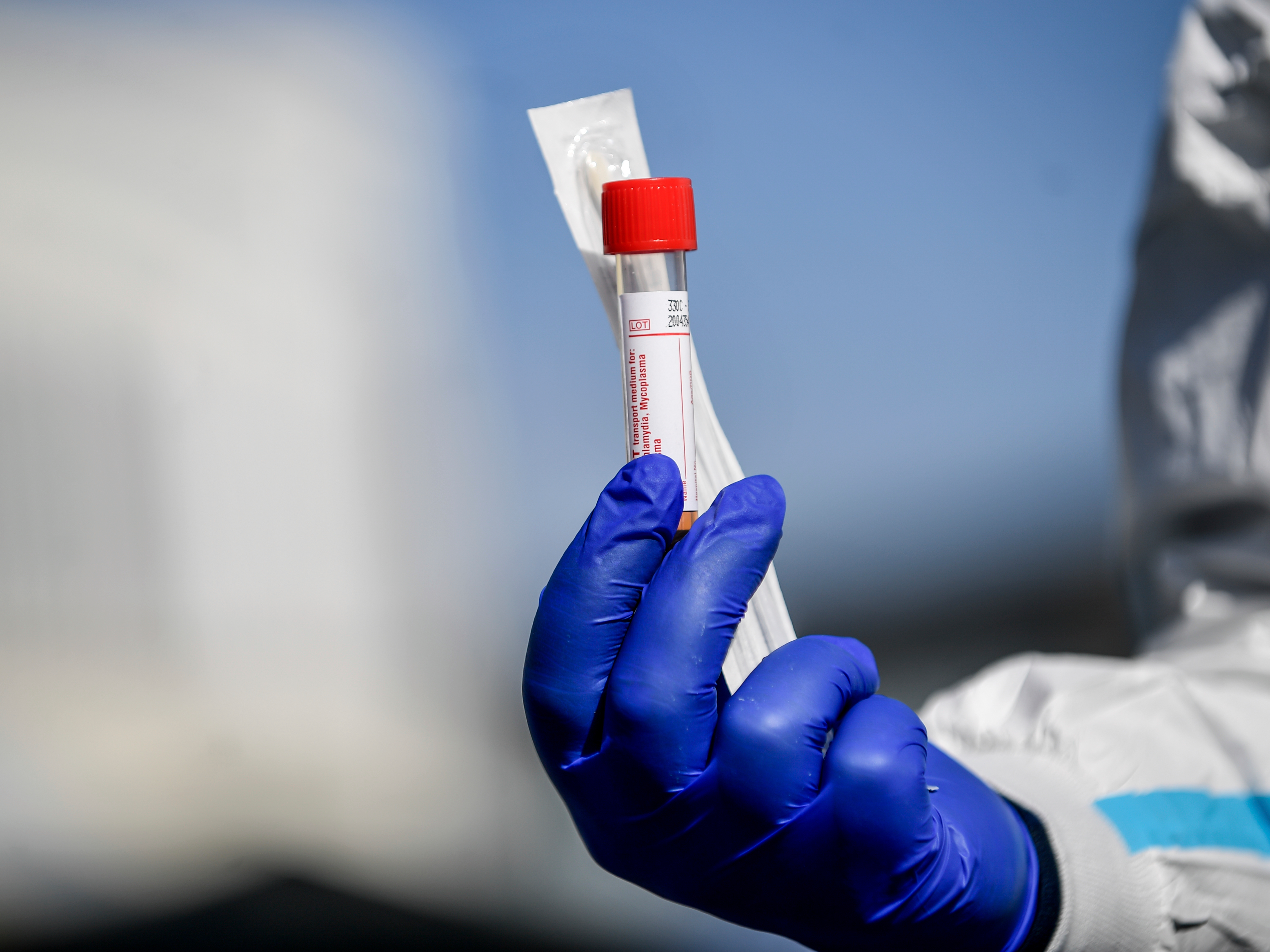- San Francisco startups Nurx and Carbon Health have stopped offering at-home coronavirus testing kits.
- Both startups suspended sales after the Food and Drug Administration issued a warning last week that it had not authorized testing for the virus at home.
- As of March 20, the US had one of the lowest rates of coronavirus testing per capita among developed countries.
- Visit Business Insider’s homepage for more stories.
Two San Francisco startups that had begun offering coronavirus home testing kits have suspended sales after a warning was issued from the Food and Drug Administration.
Both Carbon Health and Nurx have paused sales of the tests after the FDA released an alert that it has not authorized any at-home testing for COVID-19, the disease caused by the novel coronavirus, according to The New York Times’ Natasha Singer.
Carbon Health, a startup that offers primary and urgent care services, announced last week that it would begin shipping at-home test kits for $167.50 to patients who qualified to request a kit, meaning patients who felt sick and had been told by a healthcare provider to stay at home.
Since the FDA issued its warning, Carbon Health is no longer selling the kits on its website, but it does still offer coronavirus-related help, like the option to check your symptoms online, find a clinic to take a test in person, or chat virtually with a medical professional.
A spokesperson for Carbon Health told Business Insider that after discontinuing distribution of its at-home testing kits, it would also be contacting its 50 initial patients to schedule expedited testing at its clinics. The spokesperson said that no patients had received their results yet.
Nurx, a startup that offers birth control and STI and HIV testing, was selling COVID-19 test kits that could be overnighted to patients after they completed an evaluation that was reviewed by a Nurx provider. The company says on its website that it has paused new requests for the test.
A spokesperson for Nurx told Business Insider that while it has paused testing, its lab partner is in communication with the FDA and that it remains ready to help "expand needed and appropriate testing."
"As a healthcare company, we believe we are uniquely positioned to responsibly contribute and safely connect people with testing, education, and care but the most important action we can take at this time is to support public trust in the FDA during this public health emergency," the spokesperson said.
Both startups and healthcare giants have started looking for ways to increase testing over the last several weeks in the wake of an Emergency Use Authorization issued by the FDA in February. The new guidelines aim to speed up the approval process for labs in the US making COVID-19 tests, but the rules have caused confusion. As STAT News' Erin Brodwin explains: The FDA guidelines did not allow for at-home testing, but did allow for companies with tests that had already been approved to begin using them to test for the coronavirus. Some startups use labs that have been certified under specific quality-control standards, which are allowed to start performing coronavirus tests under the new rules.
The US has faced issues in getting more people tested, and as of March 20, the US had one of the lowest rates of coronavirus testing per capita among developed countries. Additionally, the US is facing a shortage of materials that are used to run tests.
As of Tuesday, 395,000 people have been infected by the coronavirus worldwide, and 17,159 people have died, including 581 in the US.

